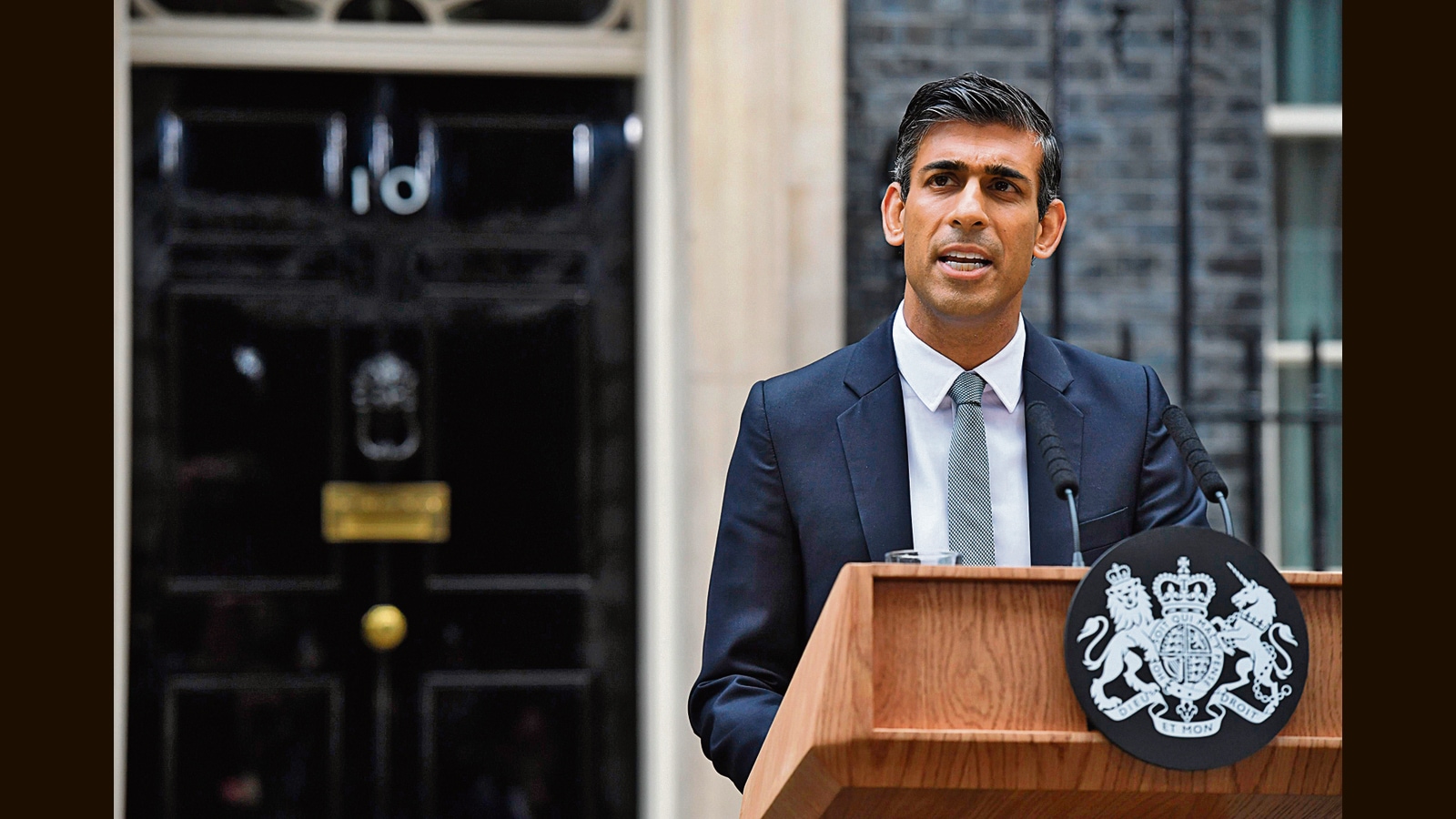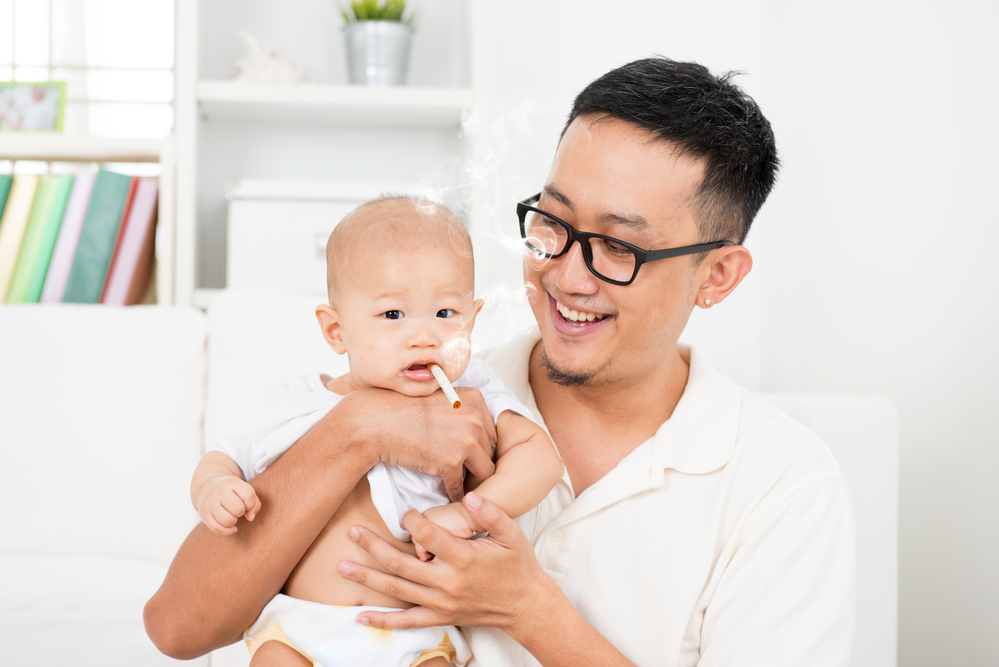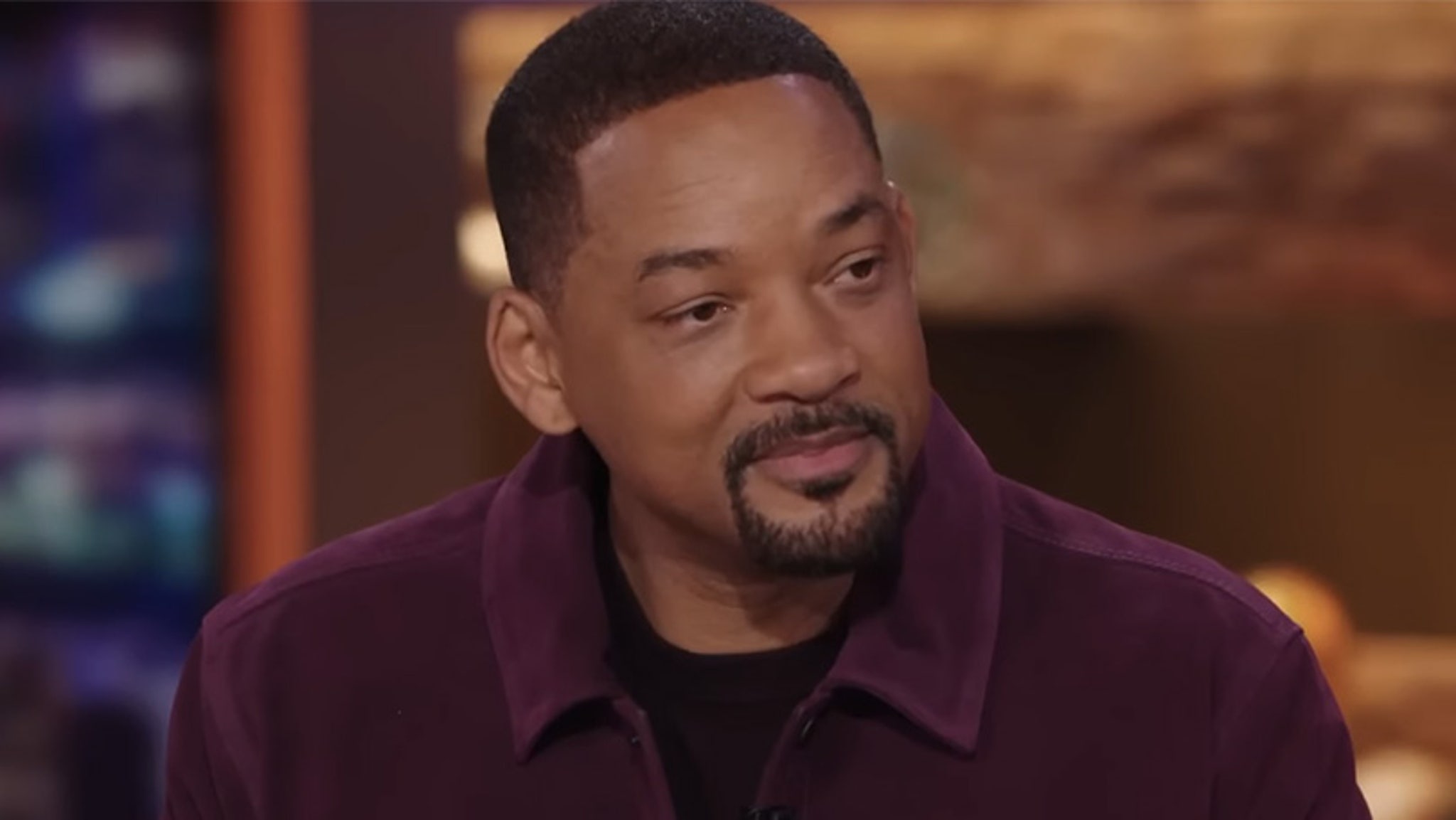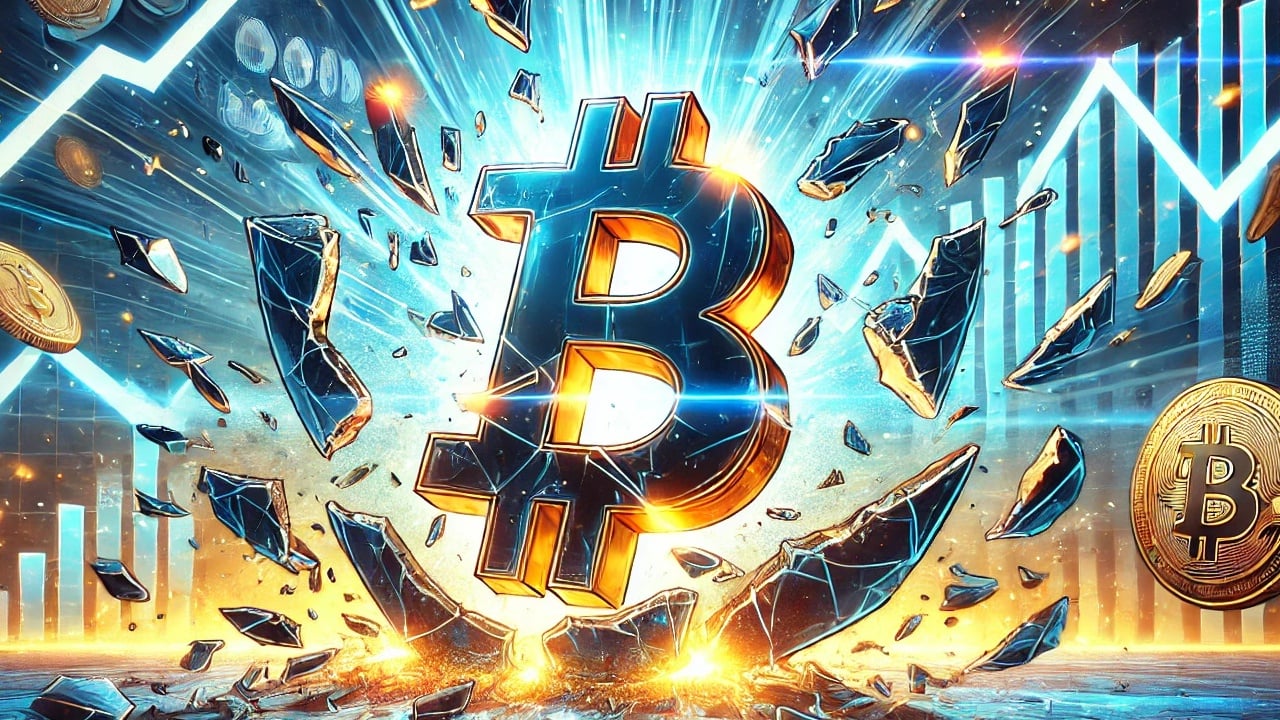The Chinese pride themselves on their cultural norms, including the widely believed one of respecting elders.
Belief is one thing. Practise, another.
Speculation over political purges and putting out the last embers of factional politics aside, China’s leader Xi Jinping, and his colleagues, overstepped that Chinese cultural taboo in publicly disrespecting the elder statesman and his former predecessor Hu Jintao last week.
Hu held the highest offices in China between 2003 and 2013 and Xi was vice president under him between 2007 and 2013.
A striking aspect of the incident involving the visibly unsteady former Chinese leader Hu’s dramatic and escorted departure from the stage during the closing session of the key Communist party congress last Saturday was that none of the country’s current, former or soon-to-be former leaders got up to assist him.
Not one.
It happened in the middle of the closing ceremony of the 20th Communist Party of China (CPC)’s national congress as domestic and foreign journalists were being allowed inside the gigantic central hall of the Great Hall of the People.
The first few photographers and video journalists who entered the hall recorded the incident. (Incidentally, the incident could have never become public had it not been for foreign journalists covering the close session. The closing session was not being broadcast live on state television.)
The CPC stalwarts just sat there – including the person who some are now calling the most powerful man on earth – seemingly looking at something really important in the undefined distance within the hall.
The leaders just sat there, fixed to their chairs, most of them transfixed, as their former boss, a senior party colleague and a 79-year-old man – with whom many had worked closely through their careers – stood up, stumbled, mumbled words, attempted to take some papers lying in front of strongman leader Xi Jinping, tapped Premier Li Keqiang’s cold shoulder and was then escorted out by two stewards on duty.
No one had the basic empathy of helping a man in distress.
Xi did respond when Hu spoke to him while being held by the aides but turned away from the former leader in seconds.
Sitting on the other side was Li Zhanshu, now a former member of the CPC’s Politburo’s Standing Committee (SC).
Li did try to get up from his seat in an apparent attempt to assist Hu but was quickly pulled back by another SC member, Wang Huning, who tapped on his back, signalling him to sit back down.
On his way out, Hu placed his hand on the shoulder of Premier Li, sitting to Xi’s right. Li looked uneasy, and turned for a few seconds to watch Hu being ushered from the hall.
It must have been humiliating for Hu; and somewhat sad to watch even the footage.
“They all faced [forward] like nothing had happened,” Chinese dissident artist Ai Weiwei said at a press conference in Tokyo on Monday, two days after the incident.
Talking about the incident that grabbed global headlines, Ai, according to an AFP story, continued: “It’s very much like a fake photo of reality, because nobody moves, nobody blinks their eyes even, he is just forced out.”
“But it shows the top central government leaders are ruthless. A big nation, 1.4 billion people, is controlled by a group of people who have no respect,” he said, adding: “Really doesn’t even have personal feelings, emotions, or even just friendship or to care a little bit.”
“Ruthlessness,” is how Ai defined the Chinese leadership’s response to the Hu incident.
The incident was totally censored within China and most Chinese will possibly not see how a former leader was treated.
Why was Hu raised up and escorted away in front of the public not long after the reporters were brought into the central hall?
In an unexpected explanation, China’s official news agency, Xinhua, said Hu was unwell.
Reporter Liu Jiawen has learned that Hu Jintao insisted on attending the closing session of the Party’s 20th National Congress, despite the fact that he has been taking time to recuperate recently, Xinhua tweeted the same night.
It followed this up with another tweet that read: “When he was not feeling well during the session, his staff, for his health, accompanied him to a room next to the meeting venue for a rest. Now, he is much better.”
It’s rare for Chinese official media to release any update about former leaders, possibly indicating that the speculation about Hu’s ill health is true.
In 2011, for example, the government released a statement that former leader Jiang Zemin was alive after unconfirmed reports had pronounced him dead.
“Recent reports of some overseas media organisations about Jiang Zemin’s death from illness are pure rumour,” Xinhua had reported, quoting “authoritative sources” as saying.
Jiang was 84 then. He is still alive.
But is Hu actually unwell? Or was it a public purge?
Given the opaque nature of CPC politics, and the rare and messy departure of Hu from a key conclave in the Great Hall of the People, speculation is expectedly rife.
“The idea that it may have been more than a health issue stemmed from Hu’s somewhat ambiguous relationship with Xi, who succeeded him as party leader in 2012. Xi is the hard-driving son of a Communist elder while the mild-mannered Hu hails from a family of tea merchants and trained as an engineer,” the Associated Press said in a report.
The incident triggered speculation that Hu’s removal was a political statement from Xi, to show to the world the total decimation of Hu’s political faction, which is closely linked to the Communist Party Youth League.
It’s unlikely, however, that the CPC under Xi would have decided to wash dirty laundry publicly, and especially as he was about to begin a norm-breaking third term as party and country leader.
We will possibly never know the truth about what exactly transpired on Saturday at the Great Hall.
We do know one thing, however: Respecting elders doesn’t come naturally to all Chinese, especially party leaders.
Sutirtho Patranobis, HT’s experienced China hand, writes a weekly column from Beijing, exclusively for HT Premium readers. He was previously posted in Colombo, Sri Lanka, where he covered the final phase of the civil war and its aftermath, and was based in Delhi for several years before that
The views expressed are personal















